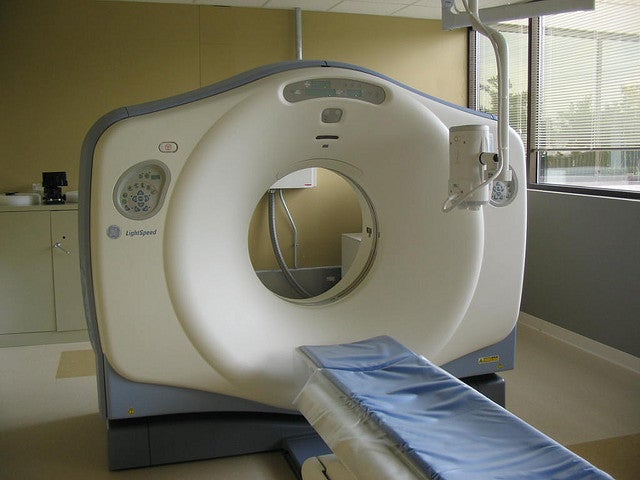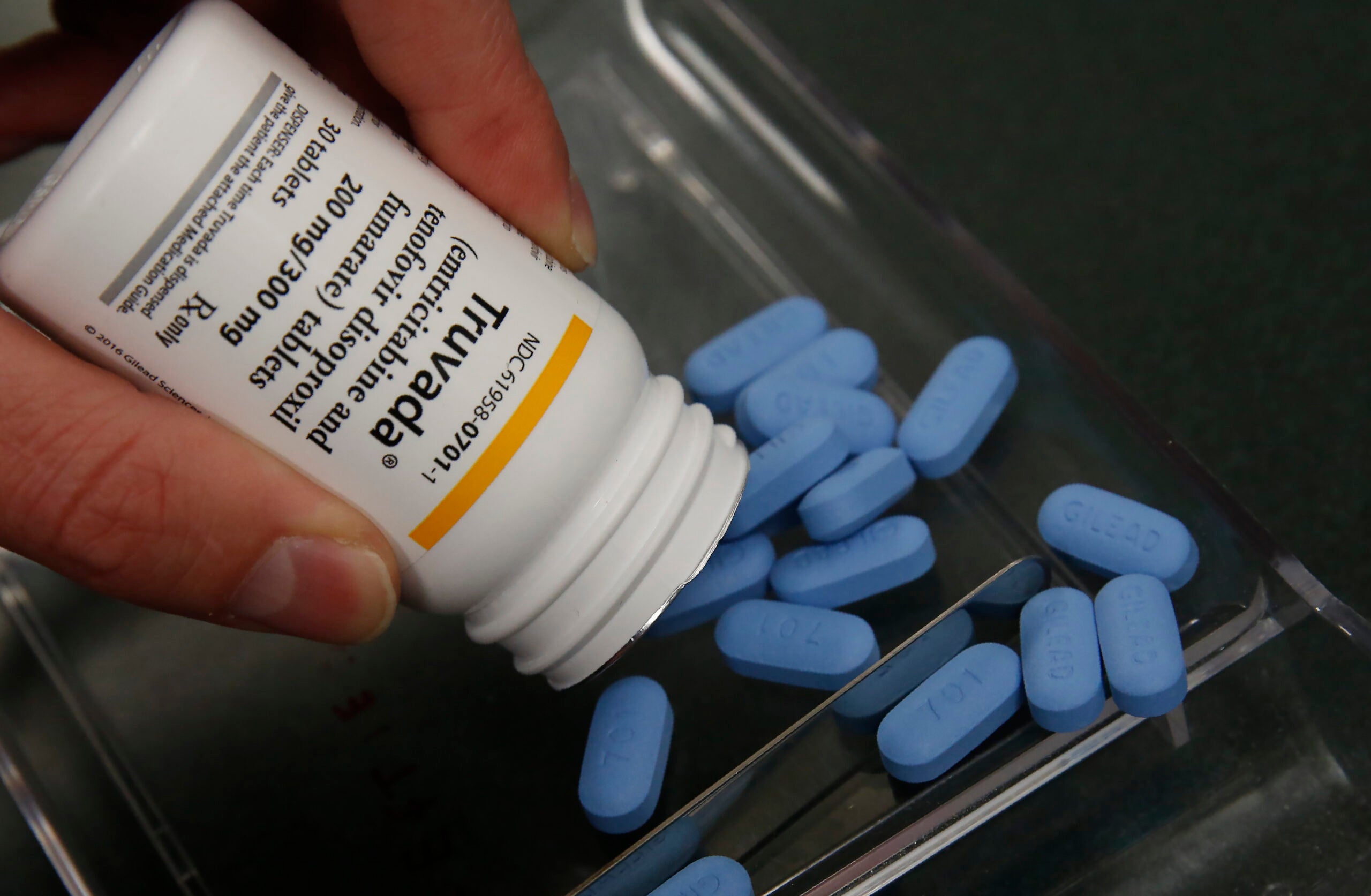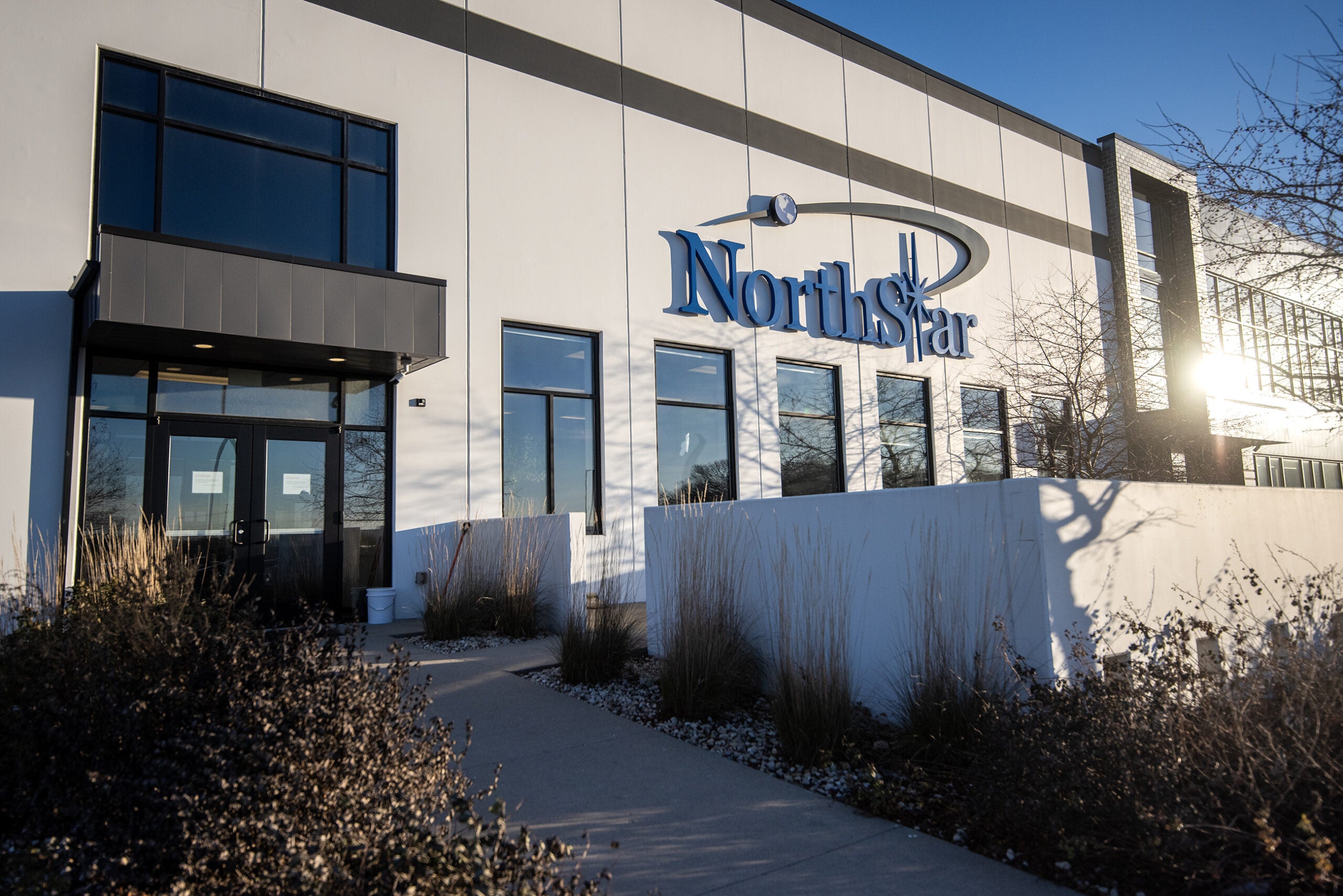One of the biggest expenses for a business is employee health care. Recently a group of Madison companies heard about efforts to reduce unneeded care.
Convincing patients and doctors to forgo care could be a hard sell, even with statistics showing 30 percent of medical costs do not improve health.
All the money the United States spends on health isn’t making us live longer or necessarily better: other countries do better while spending less. At a recent seminar in Madison, Shannon Brownlee rattles off the health criteria quickly and in a flat tone with no emphasis; many doctors, insurers and employers in the audience have heard these dismal statistics before.
Stay informed on the latest news
Sign up for WPR’s email newsletter.
“By nearly every important measure of health – from life expectancy to maternal mortality to rates of obesity and diabetes – we are falling further and further behind.”
Brownlee is with the Lown Institute and has written a book entitled, “Overtreated: Why Too Much Medicine is Making Us Sicker and Poorer.” Probably the most recognizable case of ineffective care is the use of antibiotics for viral infections. Antibiotics work on bacteria, not viruses. But that’s relatively small potatoes in term of dollars and potential harm compared to other medical procedures that Brownlee says are overused.
“We do about 600,000 angioplasties and stents each year across the U.S. – Another term for angioplasties and stents is percutaneous coronary intervention, or PCI.”
Brownlee then shows a map indicating where the most angioplasties of Medicare patients occur. A couple spots in the Milwaukee area stand out: one is Cudahy, the other is West Allis. Brownlee says a conservative estimate is that 15 percent of elective angioplasties aren’t needed. A national comparison of where most of these heart procedures take place does not match up with locations with the most heart disease.
“They don’t correspond where patients are the oldest; they don’t correspond where patients need PCI or are most likely to need PCI. It just varies.”
Brownlee says she’s not picking on doctors who order tests that may not be needed because they fear potential lawsuits.
“Worrying that your patient is going to sue you probably feels really terrible for most clinicians. It’s a lousy way to have to practice medicine. And for that reason alone we need to find a solution to defensive medicine. But it is not going to solve our overuse problem.”
That’s because patients demand treatments, drug makers advertise to gain market share, and bill payers such as insurers may not have good science on what works. One effort to turn this around is a campaign called Choosing Wisely. It’s list devised by medical societies of common but often unnecessary procedures. Consumer Reports Health Ratings Center is a partner in the Choosing Wisely Campaign. Dr. John Santa directs the Health Ratings Center.
“These are genuinely significant areas that – if we can succeed at cutting back on them – will affect millions of decisions and billions of dollars.”
Imaging tests are one of the areas the Choosing Wisely campaign has focused on.
“55 of the topics have to do with imaging. 55! 19 with C.T. scans. Some of the technology that’s still out there for CT scans, when you get a CT scan you’re getting the equivalent of 350 chest x-rays. If you get one with and without contrast, it’s likely that you’ve had 750 chest x-rays. “
In March, Consumer Reports published an article on cancer screening tests, “The cancer tests you need – and those you don’t.” Santa said it was the most read article in the magazine’s history, beating out articles about cars, and surpassing stories on electronics.
“It had an empathic story: a physician agreed to have his prostate biopsied. He got a pseudamonas infection: he got septic, was in hospital for 4 days, [and] almost died. From a screening test! From a screening test.”
Santa and Brownlee were featured speakers of The Alliance: a group of Madison businesses interested in keeping health costs down.
Wisconsin Public Radio, © Copyright 2024, Board of Regents of the University of Wisconsin System and Wisconsin Educational Communications Board.






